On May 29, 2020, Netflix released a new comedy television series starring Steve Carrell titled “Space Force.” It is a workplace comedy from one of the creators of “The Office” that focuses on the presumed sixth branch of the United States military. This concept is directly derived from the United States’ Space Force that was announced by President Trump and authorized by Congress on December 20, 2019.
By any standard, the existence of both things is somewhat of a farce. Making things even stranger is that no one seems to understand how names and titles and trademarks work, which led to a series of articles this week about the purported trademark rights to SPACE FORCE being lost by the United States government. This premise is ridiculous and this article will attempt to explain why this is a non-story.
Continue reading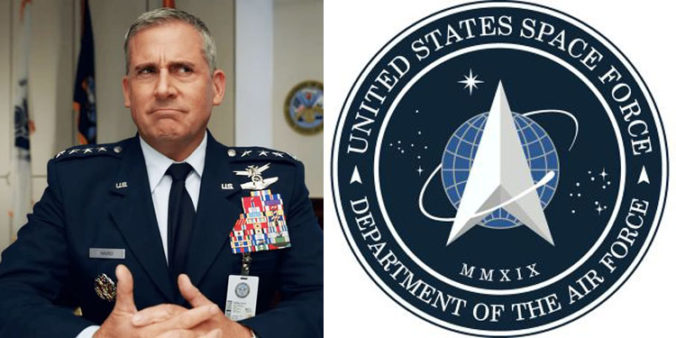
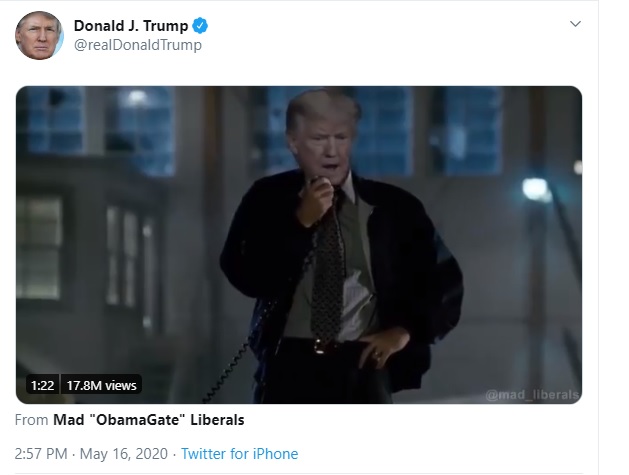

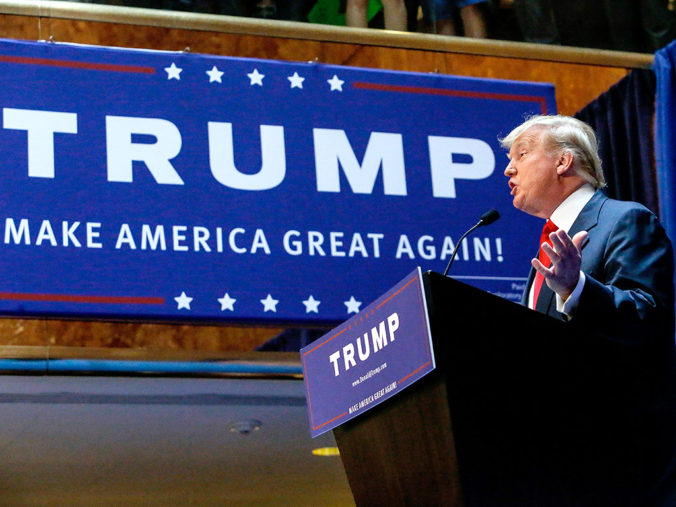
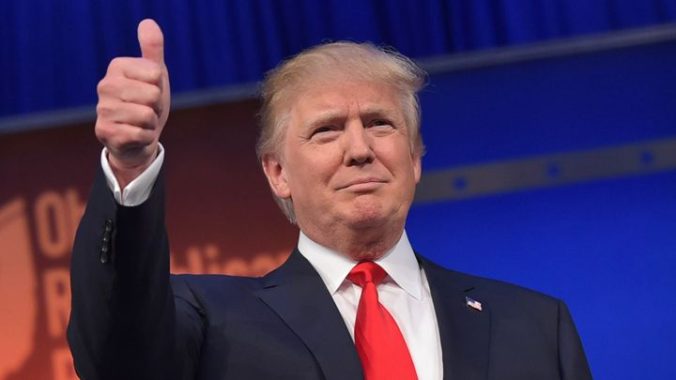
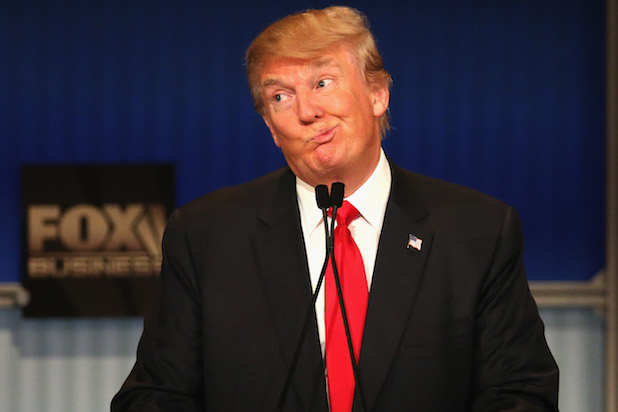
Recent Comments